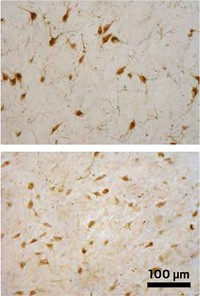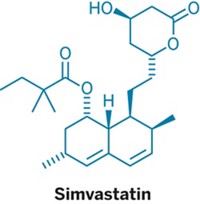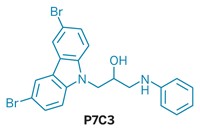Advertisement
Grab your lab coat. Let's get started
Welcome!
Welcome!
Create an account below to get 6 C&EN articles per month, receive newsletters and more - all free.
It seems this is your first time logging in online. Please enter the following information to continue.
As an ACS member you automatically get access to this site. All we need is few more details to create your reading experience.
Not you? Sign in with a different account.
Not you? Sign in with a different account.
ERROR 1
ERROR 1
ERROR 2
ERROR 2
ERROR 2
ERROR 2
ERROR 2
Password and Confirm password must match.
If you have an ACS member number, please enter it here so we can link this account to your membership. (optional)
ERROR 2
ACS values your privacy. By submitting your information, you are gaining access to C&EN and subscribing to our weekly newsletter. We use the information you provide to make your reading experience better, and we will never sell your data to third party members.
Biological Chemistry
Asthma Drug Improves Learning And Memory
Neuroscience: Compound reverses age-related loss of brain function in rats
by Michael Torrice
November 2, 2015
| A version of this story appeared in
Volume 93, Issue 43
A drug that prevents airway inflammation and constriction in asthmatics can improve learning and memory in old rats, according to a study (Nat. Commun. 2015, DOI: 10.1038/ncomms9466). The findings suggest that the compound, or related ones, could serve as therapies that restore cognitive function in people when it’s lost through aging or neurodegenerative diseases. Ludwig Aigner of Paracelsus Medical University and colleagues decided to study the asthma drug montelukast (Singulair) because previous studies suggested that a signaling protein related to inflammation seen in asthma is also associated with age-related brain inflammation and impaired cognition in rodents. For six weeks, Aigner’s team gave montelukast to four-month-old and 20-month-old rats. Compared with old rats not receiving the drug, aged rodents treated with montelukast performed better in standard tests of learning and memory. The performance of the treated old rats was on par with that of the young ones. In the old rats’ brains, the drug also reduced signatures of inflammation and increased the generation of new neurons in a structure associated with memory. The team is now testing the drug in rodent models of neurodegenerative diseases.





Join the conversation
Contact the reporter
Submit a Letter to the Editor for publication
Engage with us on Twitter